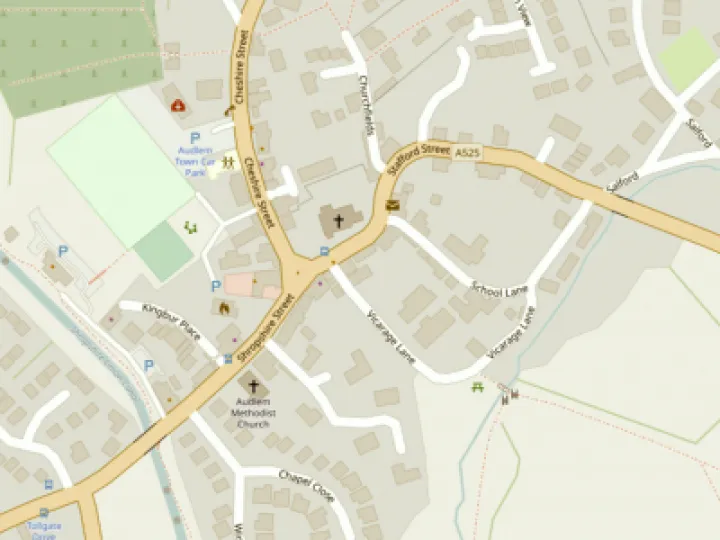







On October 29th 1929 stock prices collapsed on the New York Stock Exchange amid panic selling. Thousands of investors were wiped out. It became known as the Wall Street Crash
The New York Times' report the following day read:
Stock prices virtually collapsed yesterday, swept downward with gigantic losses in the most disastrous trading day in the stock market's history. Billions of dollars in open market values were wiped out as prices crumbled under the pressure of liquidation of securities which had to be sold at any price.
There was an impressive rally just at the close, which brought many leading stocks back from 4 to 14 points from their lowest points of the day.
From every point of view, in the extent of losses sustained, in total turnover, in the number of speculators wiped out, the day was the most disastrous in Wall Street's history. Hysteria swept the country and stocks went overboard for just what they would bring at forced sale.
Efforts to estimate yesterday's market losses in dollars are futile because of the vast number of securities quoted over the counter and on out-of-town exchanges on which no calculations are possible. However, it was estimated that 880 issues, on the New York Stock Exchange, lost between $8,000,000,000 and $9,000,000,000 yesterday. Added to that loss is to be reckoned the depreciation on issues on the Curb Market, in the over the counter market and on other exchanges.
Devastating
It was the most devastating stock market crash in the history of the United States, when taking into consideration the full extent and duration of its after effects.
The crash, which followed the London Stock Exchange's crash of September, signalled the beginning of what was to become the 12-year Great Depression that affected all Western industrialised countries.
The Crash led directly to the Great Depression in Europe. When stocks plummeted on the New York Stock Exchange, the world noticed immediately. Although financial leaders in the United Kingdom, as in the United States, vastly underestimated the extent of the crisis that would ensue, it soon became clear that the world's economies were more interconnected than ever. The effects of the disruption to the global system of financing, trade, and production and the subsequent meltdown of the American economy were soon felt throughout Europe.
During 1930 and 1931 in particular, unemployed workers went on strike, demonstrated in public, and otherwise took direct action to call public attention to their plight. Protests often focused on the so-called Means Test, which the government had instituted in 1931 as a way to limit the amount of unemployment payments made to individuals and families. For working people, the Means Test seemed an intrusive and insensitive way to deal with the chronic and relentless deprivation caused by the economic crisis. The strikes were met forcefully, with police breaking up protests, arresting demonstrators, and charging them with crimes related to the violation of public order.
After the experience of the 1929 crash, stock markets around the world instituted measures to suspend trading in the event of rapid declines, claiming that the measures would prevent such panic sales. However, the one-day crash of Black Monday, October 19th 1987, when the Dow Jones Industrial Average fell 22.6%, was worse in percentage terms than any single day of the 1929 crash (although the combined 25% decline of October 28-29th 1929 was larger than October 19th 1987, and remains the worst two-day decline ever).
This article is from our news archive. As a result pictures or videos originally associated with it may have been removed and some of the content may no longer be accurate or relevant.
Get In Touch
AudlemOnline is powered by our active community.
Please send us your news and views using the button below:
Email: editor@audlem.org





